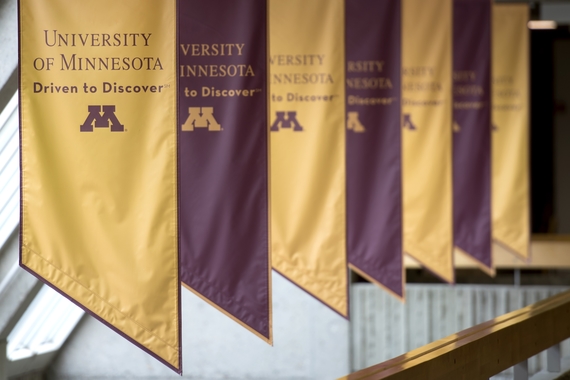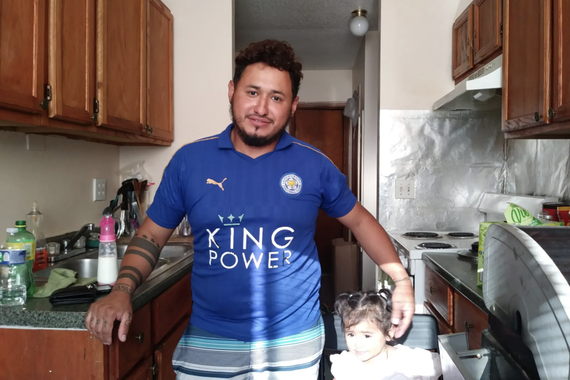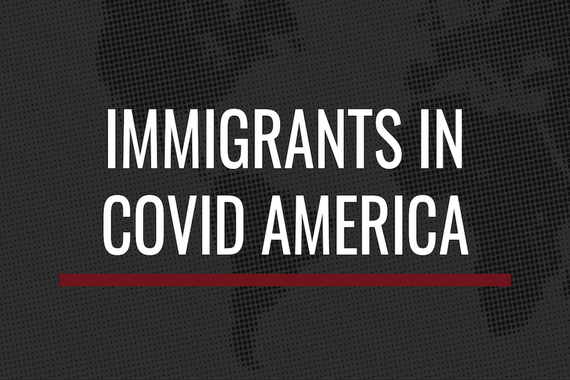IHRC & IHRCA Resources on Ukrainian Refugees


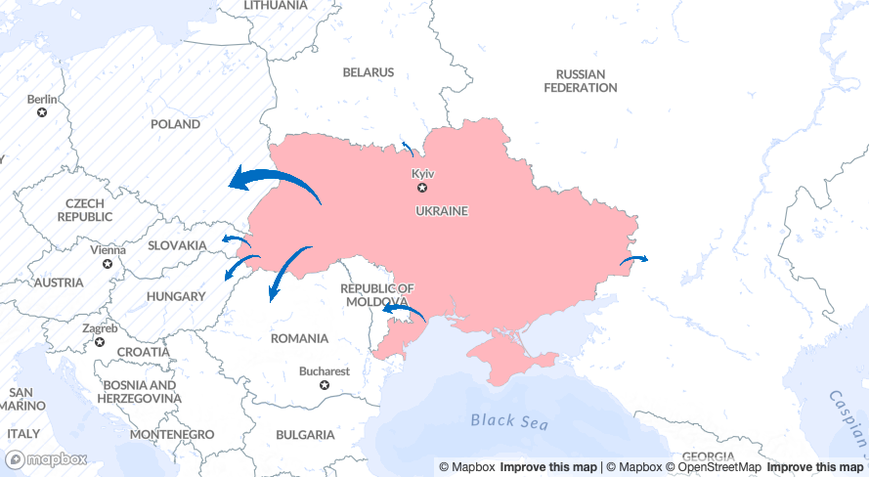
UN Map graphic: “Map of Ukrainian Refugee Situation,” Operational Data Portal, UNHRC, March 29, 2022.
News, Data, Perspectives
Ukraine Refugee Situation - UNHCR data portal
Tamara Keith, “The U.S. Will Take in Up to 100,000 Ukrainian Refugees Fleeing the War,” NPR, March 24, 2022
“How Many Ukrainians Have Fled Their Homes and Where Have They Gone?” BBC, March 23, 2022
Youyou Zhou, Nicole Narea, and Christina Animashuan, “Europe’s Embrace of Ukrainian Refugees, Explained in Six Charts and One Map,” Vox, March 19, 2022
Peter Gatrell, “Europe, the ‘Dark Continent,’ Is the Stage for Another Great Migration,” New York Times, March 14, 2022
“The War in Ukraine and Learning from Minnesotans who Survived Past Wars,” MPR, March 14, 2022
Marci Shore, “Nine Books to Read to Understand the War in Ukraine,” The Atlantic, March 11, 2022
Nana Osei-Opare and Thom Loyd, “Anti-Black racism is upending easy narratives about the exodus from Ukraine,” Washington Post, March 3, 2022
Teaching
“Talking and Teaching About the Refugee Crisis in Ukraine and Beyond,” Re-Imagining Migration, March 9, 2022
“Four Resources on Refugee Crises in Global Context,” Facing History & Ourselves, March 14, 2022
Advocacy
“Statement from Warsaw by Refugees International President on the Crisis in Ukraine,” March 8, 2022
Ukrainian American Community Center (Minneapolis) “Help for Ukraine” Resources
“How to Help Ukrainian Refugees,” CNN, March 27, 2022
Cultural Heritage and Archiving Aid
SUCHO project is a web archiving project focusing on cultural heritage institutions including libraries and archives.
The Institute of Conservation is working with ICOMOS-Ukraine Heritage in Crisis Working Group and the Lviv Polytechnic University to provide physical protective materials.
The Blue Shield statement of concern.
The International Council on Archives statement of solidarity with archives in Ukraine with a link to the 1954 Convention for the Protection of Cultural Property in the Event of Armed Conflict.
Ukrainian American History Collections at the Immigration History Research Center Archives
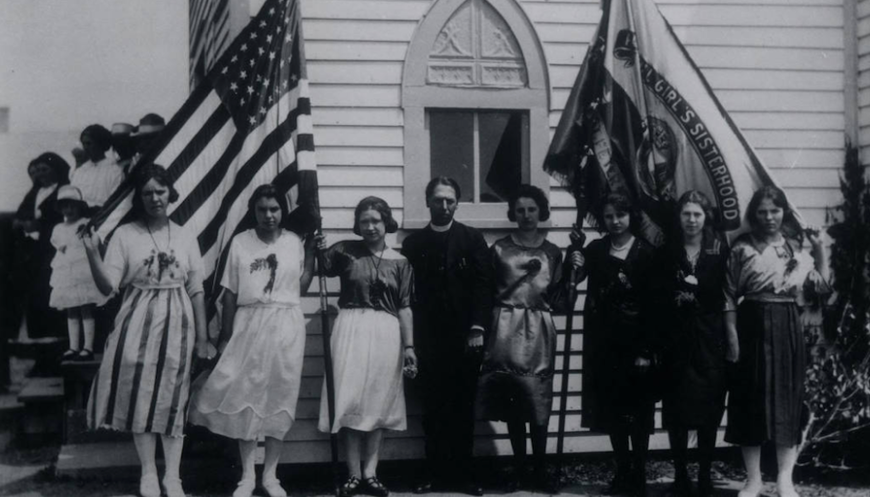
Citation: “Ukrainian sisterhood.” Wilton, North Dakota, Immigration History Research Center Archives Photograph Collection (IHRC997), Immigration History Research Center Archives, University of Minnesota Libraries.
The Immigration History Research Center Archives (IHRCA) is one of the many US and Canadian archives and libraries that for decades collected and are making available historical sources regarding Ukrainian Americans in North America. These sources include personal papers and organizational records, as well as published material such as newspapers, yearbooks, and books. According to the 1991 guide of collection, the IHRCA monographs alone comprise "the largest and richest collection of published material on Ukrainian immigration in the United States. It touches upon virtually every aspect of the Ukrainian American experience."
Ukrainian Americans worked to chronicle their histories throughout the 20th century; this work continues into the present, such as the oral history project recently undertaken by the Ukrainian American Community Center (Minnesota) regarding memory and the Holodomor.
Another great strength of the IHRCA is in documentary material regarding post-World War II Ukrainian refugee experiences in, and resettlement from, Displaced Persons camps. [Quote from: Moody, S., & Wurl, J. (1991). The Immigration History Research Center : A guide to collections (Bibliographies and indexes in American history no. 20). New York: Greenwood Press, p. 364.]
Sampling of IHRC Materials on Ukrainian Americans
A few examples of the material available at the IHRCA are:
- Ukrainian Famine Survivors in Minnesota oral history project
- United Ukrainian American Relief Committee records
- Alexander A. Granovsky papers
Contributors
- Ellen Engseth, curator, Immigration History Research Center Archives and Head, Migration and Social Services Collection, University of Minnesota Libraries
- Erika Lee, director, Immigration History Research Center
- Maddalena Marinari, associate professor of history, Gustavus Adolphus College.
